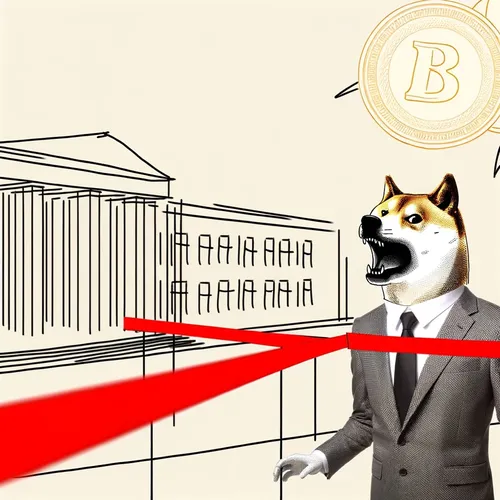Government Efficiency Report Reveals Massive Bureaucratic Waste: 94% of Public Sector Workers Demand Streamlined Processes
- Author
- Quiet. Please
- Published
- Sat 31 May 2025
- Episode Link
- https://www.spreaker.com/episode/government-efficiency-report-reveals-massive-bureaucratic-waste-94-of-public-sector-workers-demand-streamlined-processes--66351499
Listeners, the latest Gov Efficiency Report has set bureaucratic tails wagging, raising questions about whether government processes are barking mad or just in need of a leash. The 2025 UK Public Sector Efficiency Survey found that a staggering 94% of public sector workers face persistent process inefficiencies, with millions of unnecessary work hours lost every week. This inefficiency isn’t just a nuisance—it’s costing time, taxpayer money, and sapping morale. Imagine herding a pack of energetic puppies with confusing commands and multiple leads; that’s how many employees describe their daily experience navigating the labyrinth of government paperwork and protocols.
The pressure on the budget is mounting. In 2024-25, the government is projected to spend £313 billion on welfare and £105.2 billion just on net interest payments for the national debt. With public spending set to rise by 19% in cash terms over the next five years, but outpaced by economic growth, departments are being urged to tighten their leashes and curb inefficiencies[5]. Recent transparency reports and spending reviews have further highlighted the need to sniff out wasteful practices, particularly in procurement and operational management[1][2].
Among the recommendations are calls for investment in digital transformation, streamlined approvals, and a culture that encourages innovation rather than bureaucratic box-ticking. Listeners might find it amusing that such a modern government still battles paperwork piles that rival your dog’s collection of chewed-up toys. Yet, the stakes are high: every wasted hour is a missed opportunity to deliver better public services.
With more voices howling for reform, the question remains—will the public sector finally fetch a more efficient future, or is this just another round of chasing its own tail? The message is clear: it’s time to heel bureaucracy and let efficiency off the leash[3][4][5].
